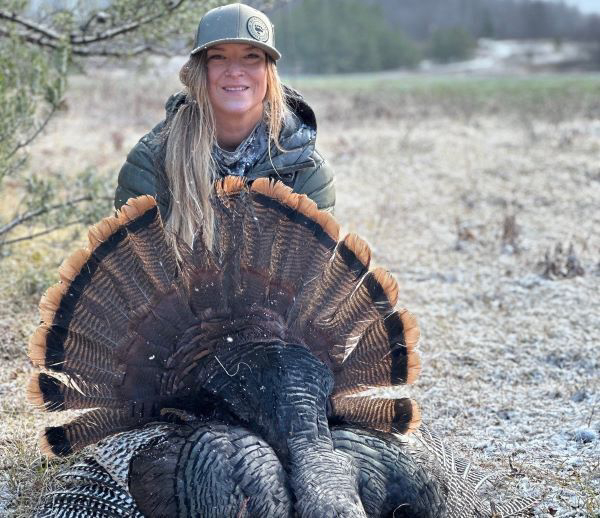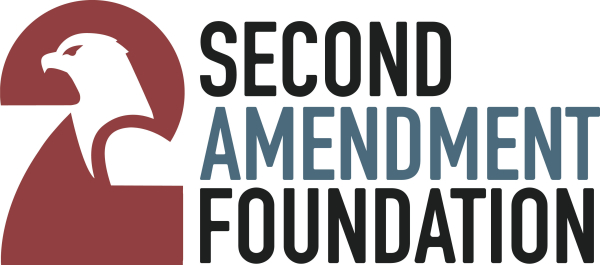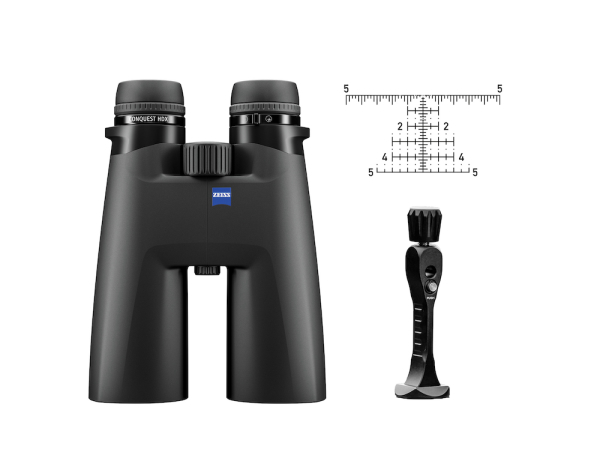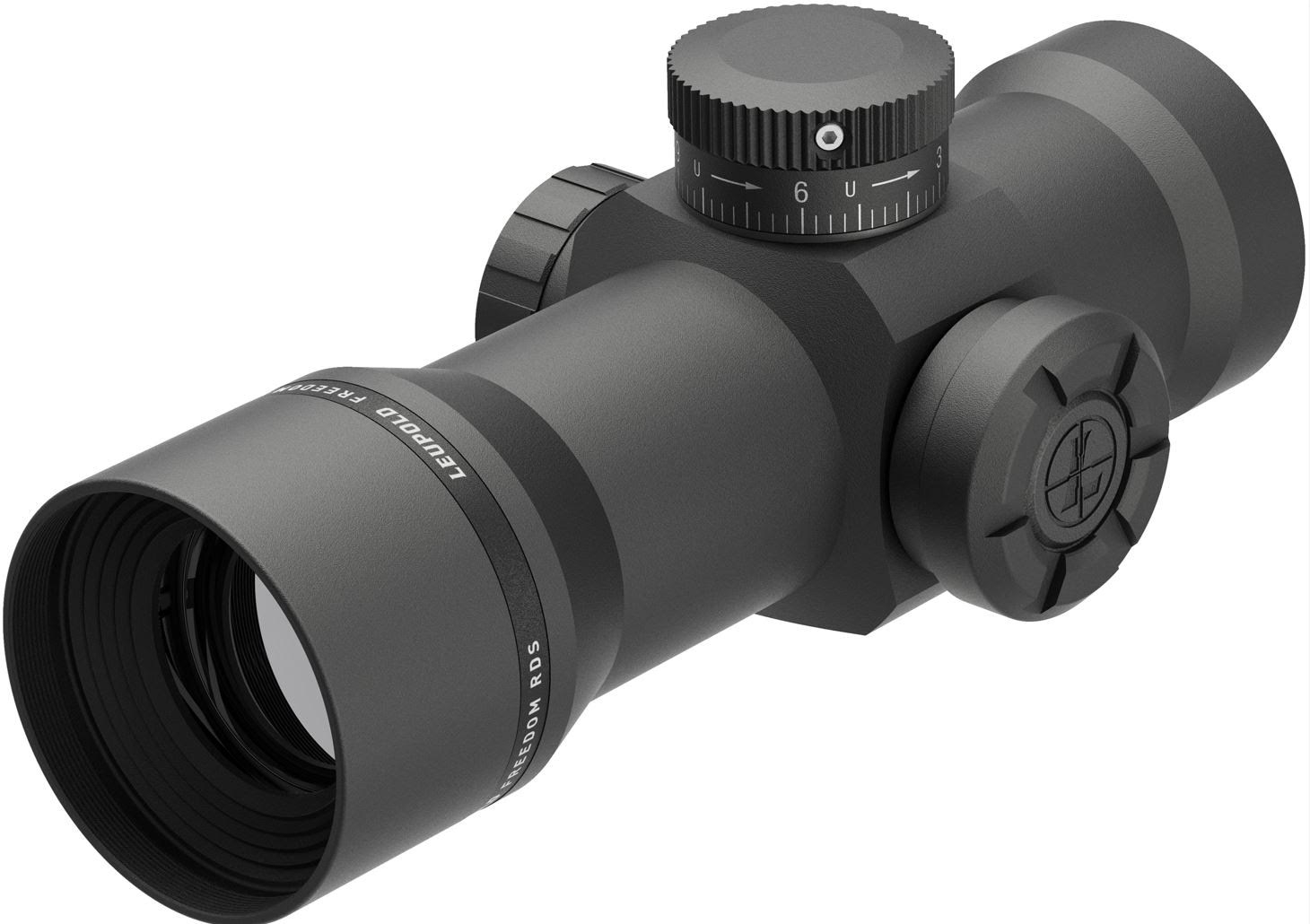Mossberg Releases Updated 940 Pro Tactical Thunder Ranch Semi-Automatic Shotgun

Released in January 2024, the Mossberg 940 Pro Tactical Thunder Ranch Series 12-gauge, 8-shot semi-automatic was quickly recognized as the ultimate personal defense shotgun. Now Mossberg has elevated the design with the addition of highly valued tactical features, combined with the unique finish of the 940 Pro Thunder Ranch shotgun. Introducing the 940 Pro Tactical Thunder Ranch shotgun with Cerakote® Patriot Brown finish on the stock, forend, receiver, and barrel; optic-ready receiver; 18.5-inch cylinder bore barrel with red fiber optic front sight; proudly wearing the Thunder Ranch logo on the receiver; and now updated with a myriad of features.
Designed in conjunction with Thunder Ranch Director, Clint Smith, and the Thunder Ranch staff, the Mossberg 940 Pro Tactical Thunder Ranch autoloader is based on Mossberg’s cleaner-running 940 Pro gas-operating system that allows for longer cleaning intervals and smooth, reliable operation. Internal parts (gas piston, magazine tube, hammer, and sear) feature a nickel-boron coating and special finishes for ease of maintenance and durability. Standard features of the 940 Pro Thunder Ranch include an optic-ready receiver for direct mounting of micro dot optics; drilled and tapped receiver; oversized ergonomic bolt release; knurled and extended charging handle; enlarged and beveled loading port; elongated, pinch-free elevator; bright orange anodized follower; and extended magazine tube with 8-round total capacity (2.75-inch shells). The durable synthetic stock is self-draining and has a user-adjustable length-of-pull with a range of 12.5 – 14.25 inches with the use of inserts. Further adjustability is provided for drop at comb and cast with the use of incremental stock shims and the grip area features Mossberg’s signature aggressive texturing. Completing the stock is a rear swivel sling mount. Stock, forend, barrel, and receiver feature durable Cerakote finish for reduced wear and corrosion resistance.
Updated Features of the new 940 Pro Tactical Thunder Ranch: Read more









